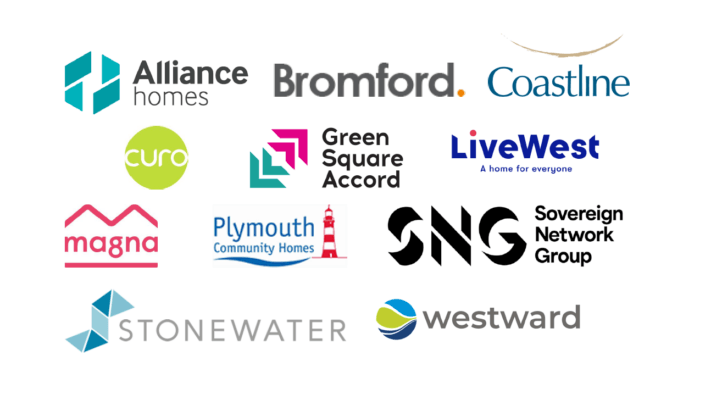We need more social homes, not tighter allocation rules
In the face of a nationwide housing emergency, characterised by soaring demand for temporary accommodation, rising levels of rough sleeping and hidden homelessness, the government’s consultation on reforms to social housing allocations does little to suggest that an end to the housing crisis is even on the horizon. In short, it fails to address the key problem of supply, while likely adding more bureaucracy to the process of housing allocation.
The current level of demand for social housing is unprecedented – by the government’s own account there are now more than a million people stuck on housing waiting lists. The nation has lost more than 120,000 social rented homes since 2010, equating to an average of 23 homes exiting the system into private ownership daily.
Since the introduction of Right to Buy in 1980, the proportion of homes available to those with low incomes, classified as ‘social housing’, has plummeted from 32% to 17%. This has had significant ramifications for the everyday lives of those on low incomes – many families no longer have access to a stable home, with the latest data showing that 140,000 children now live in temporary accommodation, including B&Bs, hotels and expensive, poor-quality private rented rooms.
The consultation proposes changes to the allocations system so that it prioritises those who have a strong connection to the UK and their local area, and those with no anti-social behaviour or terrorism offences. This is being presented as “an overhaul” of social housing allocation, but there is nothing fundamentally new about these measures.
For instance, the proposal to introduce a UK connection test is already an essential aspect of the allocation system. Indeed, the government’s own figures reveal that 92% of those allocated social housing are UK nationals. Moreover, local authorities already have the powers to conduct the sorts of tests the Government is proposing, including assessing local connection, income, false statements, anti-social behaviour, and terrorism offences – and many of them already use these powers.
The government says its proposals are aimed at addressing how housing is allocated. Strong words around cracking down on rule breakers might make for good newspaper copy, but the government’s proposals will do little to deliver what people on low incomes in this country actually need: more affordable social homes.
And we should be clear about what we mean when we say ‘affordable’ – a term that gets thrown around without much real thought. The fact is that most successful applications for social housing have a household income of less than £30,000, with many applicants earning below £20,000.
We can see no way in which the government’s proposals will significantly reduce local authority housing registers or help the 140,000 children and their families secure a stable, affordable place to call home; in fact, they may well hinder it. The government’s focus should be on how more affordable social homes can be delivered, rather than on how to make access to the UK’s shrinking pool of social housing more difficult for the people and families that need it most.
Homes for the South West on behalf of:


